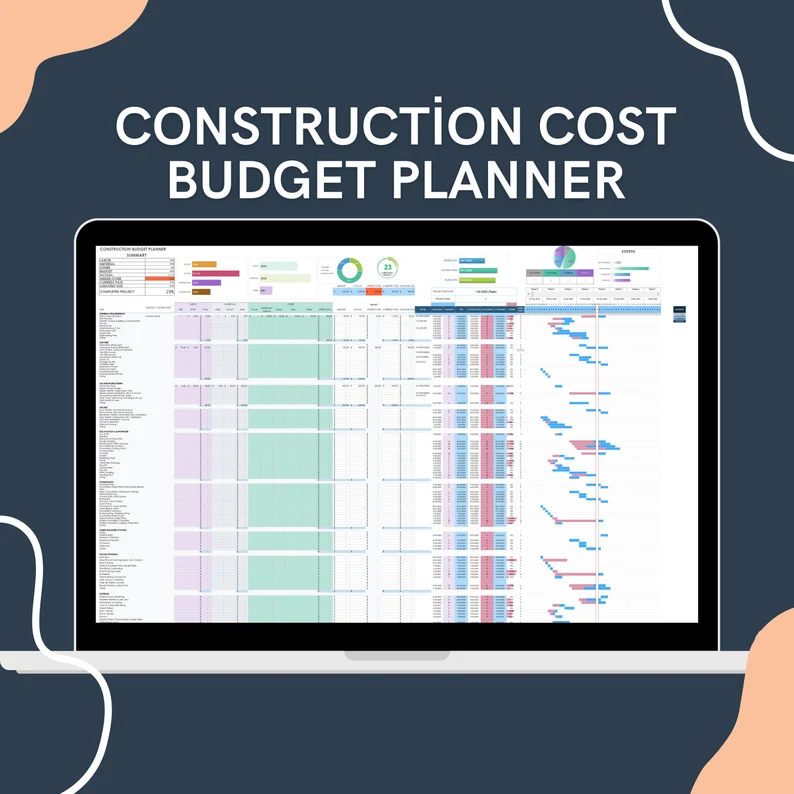Construction Site Management: Orchestrating the Symphony of Building
Introduction
Construction site management is the art of coordinating the myriad elements involved in construction projects to ensure they run smoothly, efficiently, and safely. It’s a complex dance that requires precision, communication, and a deep understanding of the construction process. In this blog post, we explore the world of construction site management, its significance, key principles, and the pivotal role it plays in the success of construction endeavors.

1. The Essence of Construction Site Management
Construction site management is the process of planning, organizing, and overseeing all aspects of a construction project from inception to completion. It encompasses project planning, resource allocation, safety management, and quality control.
2. Key Principles of Construction Site Management
- Project Planning: Thorough planning is essential, including defining project goals, timelines, budgets, and resources.
- Resource Allocation: Efficiently allocating labor, materials, and equipment to meet project requirements.
- Safety Management: Prioritizing safety through strict adherence to safety protocols and regulations.
- Quality Control: Ensuring that construction meets quality standards and specifications.
- Communication: Effective communication among project stakeholders is crucial for coordination and problem-solving.
3. The Role of a Construction Site Manager
A construction site manager, often known as a project manager or site superintendent, is responsible for overseeing all aspects of the construction site. This includes managing personnel, subcontractors, budgets, schedules, and safety.
4. Construction Site Phases
Construction site management involves various phases:
- Pre-Construction: Planning, design review, permitting, and procurement.
- Construction: Execution of the project, including construction activities, inspections, and quality control.
- Post-Construction: Final inspections, client handover, and project closeout.
5. Technology and Construction Site Management
Technology is transforming construction site management. Project management software, drones, Building Information Modeling (BIM), and real-time monitoring tools improve efficiency and decision-making.
6. Challenges in Construction Site Management
Challenges include managing multiple stakeholders, adhering to strict timelines, cost control, and adapting to unexpected changes.
7. Sustainable Construction Site Management
Sustainability considerations are increasingly integrated into construction site management, with a focus on eco-friendly practices and minimizing environmental impact.
8. The Future of Construction Site Management
The future holds promise for enhanced automation, augmented reality tools for site visualization, and AI-driven project management.
Conclusion: Building the Future, One Site at a Time
Construction site management is the backbone of successful construction projects. It requires a unique blend of leadership, technical knowledge, and organizational skills. As we build the future, effective construction site management ensures that our structures are not only functional but also safe, sustainable, and delivered on time and within budget. It’s the conductor’s wand that orchestrates the symphony of building.
